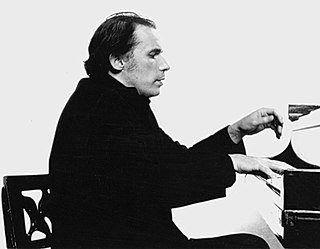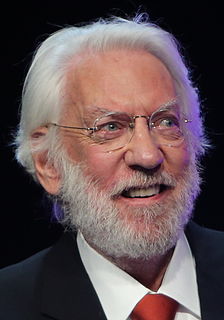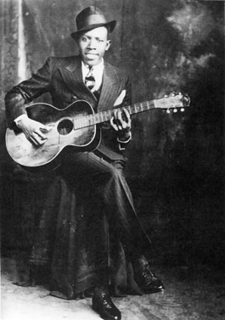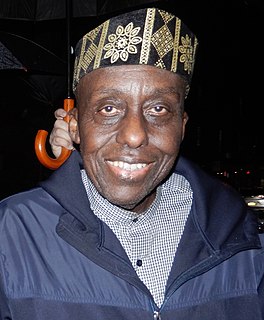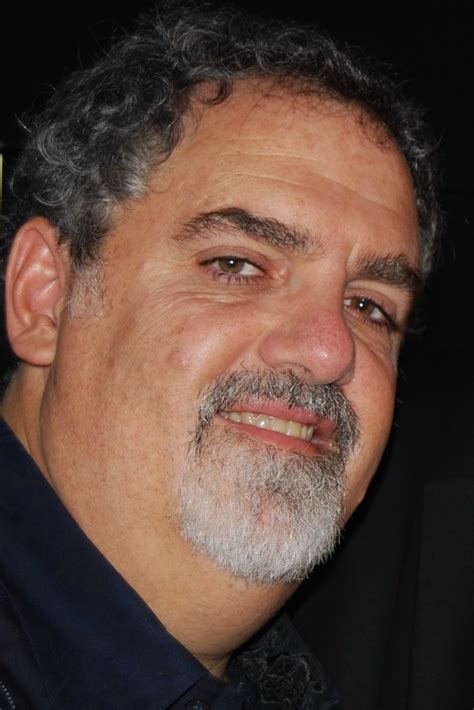A Quote by Glenn Gould
I treat recorded tapes the way a film director treats his rushes.
Related Quotes
When you shoot a film, when it was film, there used to be rushes and normally a director would look at them the next day. All directors look at the rushes, except for Fellini. I asked him why he didn't and said, "Because it interrupts my fantasy." What he was trying to say was that he had a three-dimensional, vibrant, living, volatile fantasy going on in his head, and when he looked at rushes, they were two-dimensional and they killed it.
Man treats woman as his own property and not as being capable of feelings, like himself. The way man treats women is much worse than the way landlords treat servants and the high-caste treat the low-caste. These treat them so demeaningly only in situations mutually affecting them; but men treat cruelly and as slaves, from their birth till death.
Remember the great film with Bette Davis, All About Eve? There's a scene after the scheming Eve steals Margo's role through trickery & then gets this magnificent review. Margo of course is effing & blinding all over the place. And crying. Her director rushes into her house, puts his arms around her & says, "I ran all the way". That's what I want.
Me and Kirby are very collaborative and it changes from film to film. The first project we worked on together, Derrida, we co-directed. The last film Outrage, I was the producer and he was the director. This film was much more of a collaboration - he is the director and I am the producer - but this is a film by both of us.
